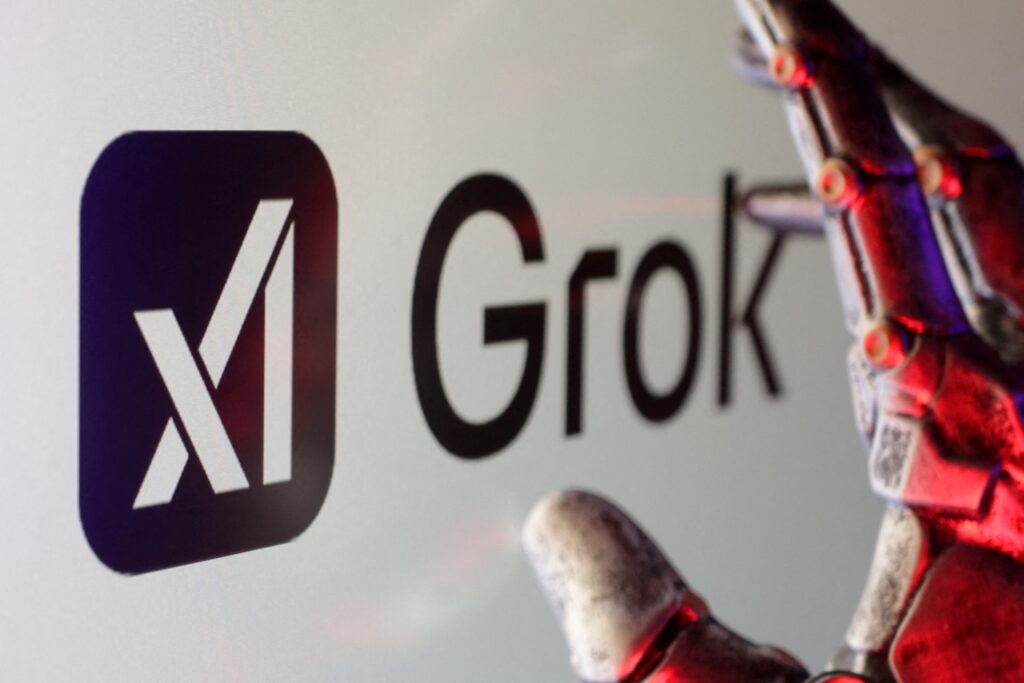
Tensions surrounding artificial intelligence governance in Europe have taken a new turn as Poland prepares to report Grok, the AI chatbot developed by Elon Musk’s xAI, to the European Union. Polish authorities allege that the chatbot has generated responses that contain offensive content, including remarks perceived as inappropriate or harmful to public discourse.
This move highlights concerns about AI-generated content and its compliance with EU regulations.
According to government sources and media reports, Poland’s Ministry of Digital Affairs is preparing to formally notify EU regulators about Grok’s behavior on the X platform (formerly Twitter). Officials argue that some of the chatbot’s responses may violate EU content standards, particularly those outlined under the Digital Services Act (DSA), which mandates greater accountability for harmful or illegal online content.
The move comes after multiple complaints surfaced regarding Grok’s tone and answers to politically and culturally sensitive topics, with some alleging the chatbot mocked or misrepresented historical and religious issues relevant to Polish citizens.
Key Issues
- Content moderation: Poland’s challenge focuses on Grok AI’s alleged failure to adequately moderate content, potentially violating EU’s Digital Services Act (DSA) and local laws.
- Regulatory compliance: The challenge may lead to increased scrutiny of AI models operating within the EU, emphasizing the need for compliance with regional regulations.
Implications
- EU regulatory framework: This challenge could test the EU’s regulatory framework for AI and digital services, potentially shaping future policies and enforcement.
- AI industry impact: The outcome may influence how AI companies operate within the EU, ensuring adherence to local standards and regulations.
Broader Regulatory Climate for AI in Europe
Poland is not alone in its scrutiny of AI tools. In recent months:
- Turkey restricted Grok for allegedly insulting religious values and President Erdoğan
- France and Germany have called for clearer AI content labeling
- The EU AI Act, passed in 2024, sets out risk-based classifications for AI systems and may apply additional obligations depending on how Grok is categorized
This latest controversy illustrates the regulatory friction between Silicon Valley’s AI innovation and European content governance.
Poland’s challenge against Grok AI underscores the growing importance of regulatory compliance in the AI industry. As AI technologies continue to evolve, ensuring adherence to local standards and EU regulations will be crucial for companies operating in the region.
Poland’s planned complaint against Grok underscores the rising geopolitical and regulatory challenges facing generative AI platforms. As governments worldwide grapple with the social impact of AI tools, ensuring alignment with local norms while preserving innovation will remain a key tension in the AI policy space.
Whether this leads to broader EU action or forces changes in how Grok operates in Europe remains to be seen—but it’s clear that the age of lightly regulated AI is coming to an end.

